Introduction
Off-road enthusiasts in Virginia often ask the same essential question: What vehicles are actually street-legal in 2025? With laws that vary by vehicle type, county, and even out-of-state registration, the answer isn’t always simple. This comprehensive guide breaks down Virginia’s current laws and options so you can confidently and legally enjoy off-road adventure without crossing legal lines.
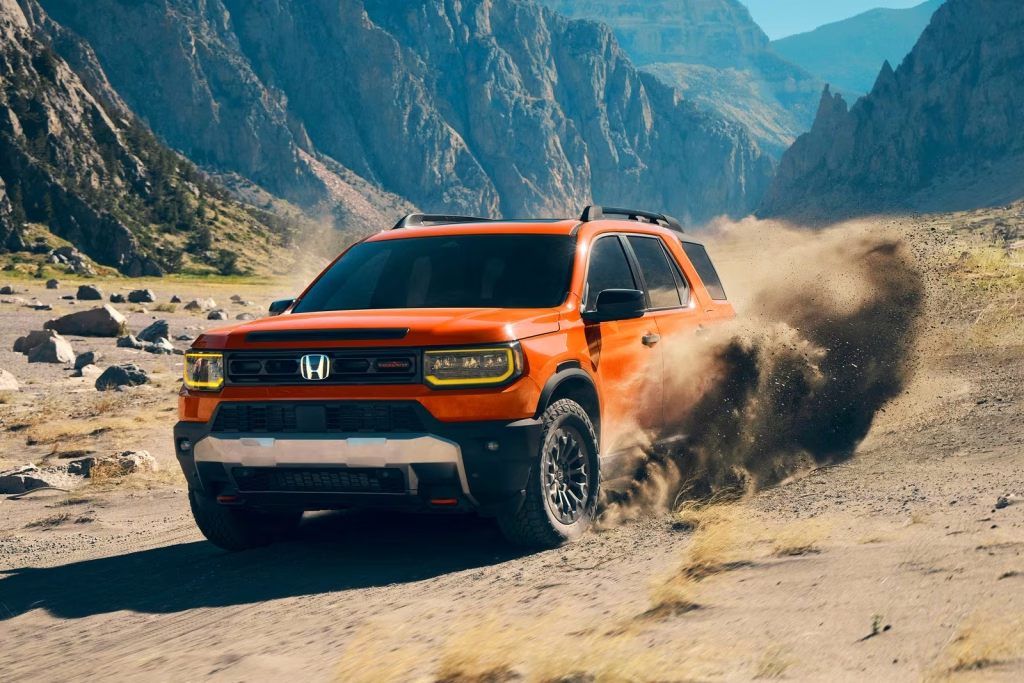
ATVs & Off-Road Motorcycles: Mostly Off-Limits on Roads
According to Virginia Code §46.2-915.1, all-terrain vehicles (ATVs) and off-road motorcycles are not street-legal in the Commonwealth. That means they are prohibited from being driven on any public highway or street, except under very specific conditions.
Exceptions to the Rule:
- Road Crossing: Riders may cross a public highway at a 90-degree angle and only by the most direct route.
- Emergency Response: Law enforcement, fire, and EMS personnel may operate these vehicles in the course of duty.
- Local Ordinances: Certain counties like Buchanan and Tazewell have specific ordinances that permit limited road usage by off-road vehicles, mainly to connect trail systems.
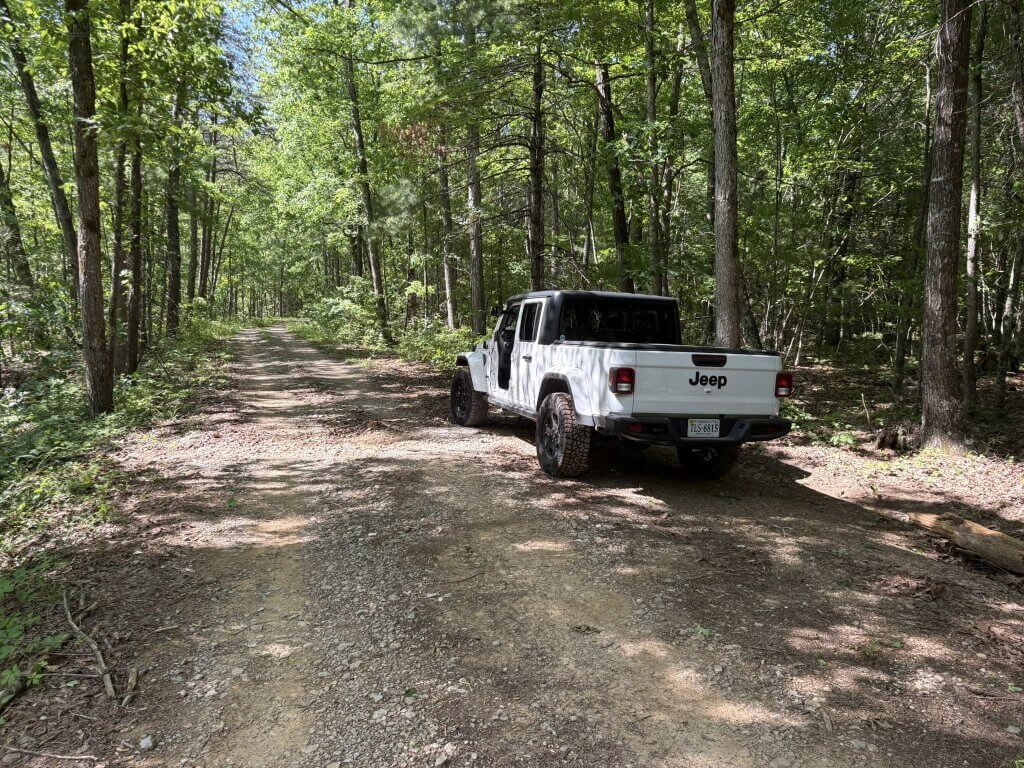
In those counties:
- Usage is often limited to daylight hours only
- Routes must be posted and marked
- Speeds are capped at 25 mph
- Helmets are required at all times
- Distance on public roads must not exceed 1 mile
Outside of these localities, ATVs and off-road motorcycles must stay off public roads. Violations can result in citations, vehicle impoundment, and fines.
UTVs and Side-by-Sides: No In-State Street Legal Option
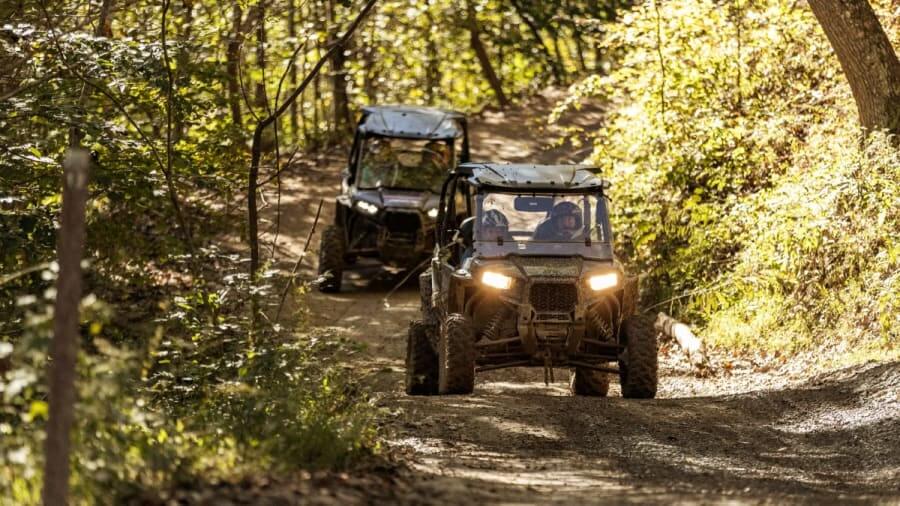
As of 2025, Virginia DMV does not allow for UTVs (Utility Task Vehicles), side-by-sides, or similar OHVs (Off-Highway Vehicles) to be titled or registered for on-road use within the state. Even if your UTV has seat belts, turn signals, mirrors, and a horn, Virginia law still considers it off-road only.
The Out-of-State Workaround
However, savvy off-roaders have found a legal workaround: out-of-state registration.
- Popular states for this include Montana, South Dakota, and Arizona.
- These states allow you to title and register a UTV as a street-legal vehicle, even if you don’t live there (via LLC or mail-in processes).
- Once you have the title and plate, you can drive in Virginia using that state’s reciprocity laws.
Tip: Always carry registration paperwork and proof of compliance when operating a street-legal UTV in Virginia. Local law enforcement may question its legality, especially if unfamiliar with reciprocity rules.
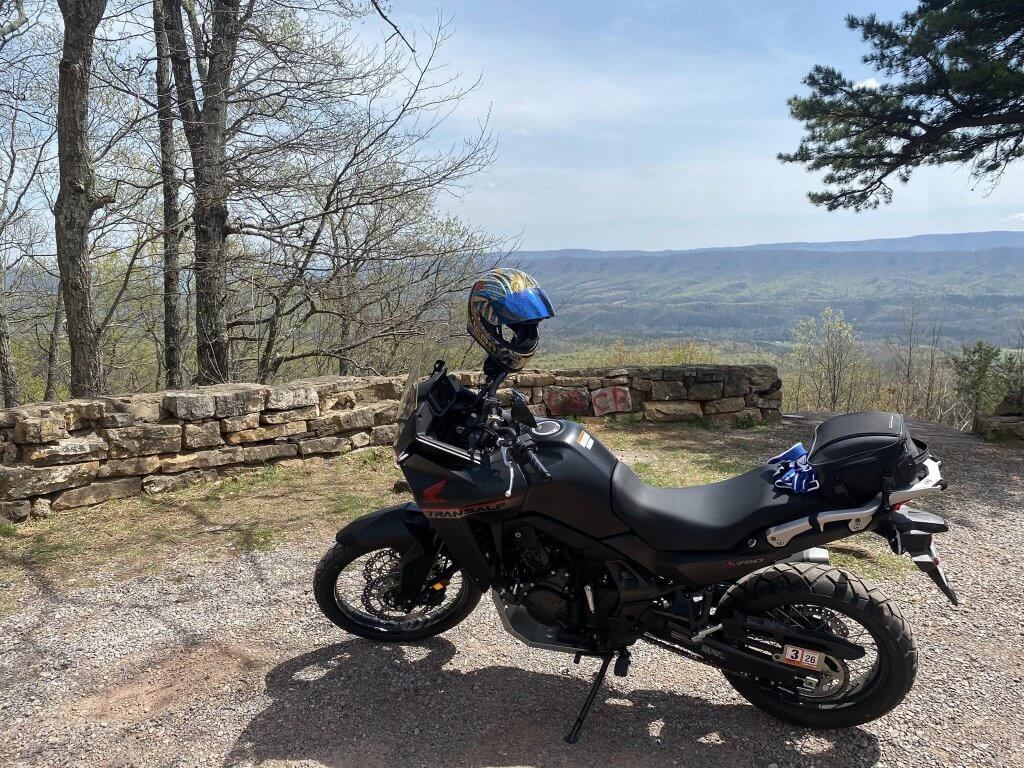
Converting Off-Road Motorcycles: It’s Possible, But Not Easy
If you own a dirt bike and want to make it street legal, you’re in luck—sort of.
Virginia does allow off-road motorcycles to be converted into street-legal machines, but the process involves:
- Applying for a reconstructed or specially constructed vehicle title under §46.2-625
- Installing all required equipment, including:
- Headlight (with high/low beam)
- Brake lights
- Rearview mirrors (at least one, preferably two)
- Turn signals (front and rear)
- Horn
- Speedometer
- License plate mount with illumination
- Windshield or DOT-approved eye protection
- Passing a Virginia State Safety Inspection
- Registering and titling the vehicle at a DMV office
The entire process can be time-consuming and expensive, but once completed, your converted motorcycle will be 100% street legal.
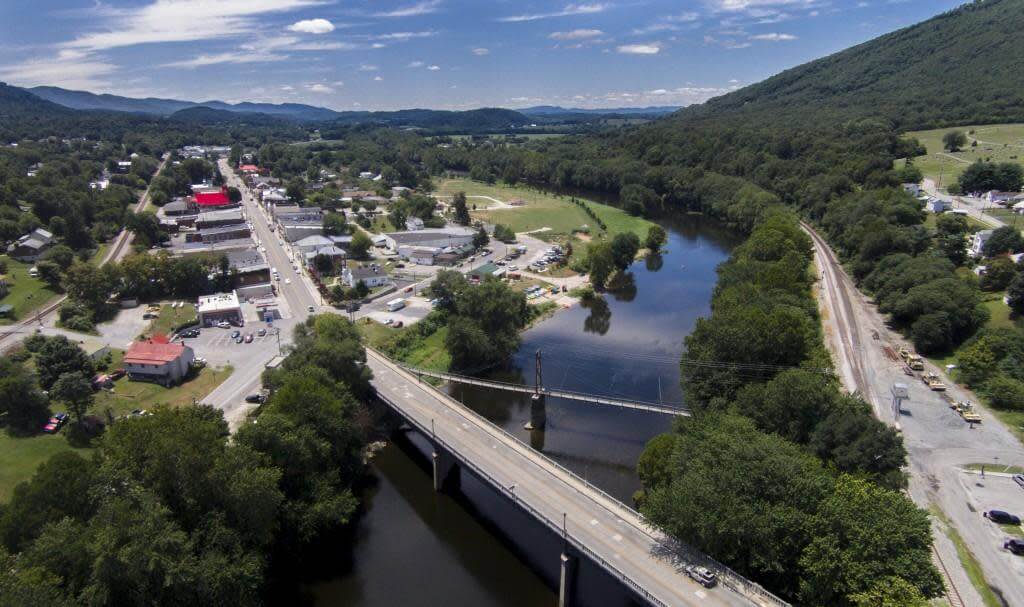
Local Authority & Connector Roads
Some counties in Southwest Virginia, particularly Tazewell and Buchanan, offer limited use of off-road vehicles on public roads. These are designed to connect trail systems and help tourists navigate between hotels, gas stations, and trails.
Under these ordinances:
- Riders must wear helmets
- Must stay on designated, marked roads
- Speeds must not exceed 25 mph
- Use is daylight-only
- Routes must be under 1 mile in distance
Additionally, the Southwest Regional Recreation Authority (SRRA) can designate trails and connector roads for off-road vehicle use. These ordinances apply only within jurisdictions that are members of the SRRA and have passed compatible local laws.
Safety and Age Regulations
Virginia also imposes several safety and age-related restrictions for off-highway vehicles, even when operated legally off-road:
- Age Restrictions:
- Under 12: Limited to ATVs 70cc or less
- 12–15: Limited to 90cc or less
- Must be 16+ to operate larger engine ATVs or UTVs
- Helmets: Required at all times on any ATV, UTV, or off-road motorcycle, even if used on a private trail or connecting road.
- Passengers: Only allowed if the vehicle is designed by the manufacturer to carry a second rider. No makeshift seats or standing passengers allowed.
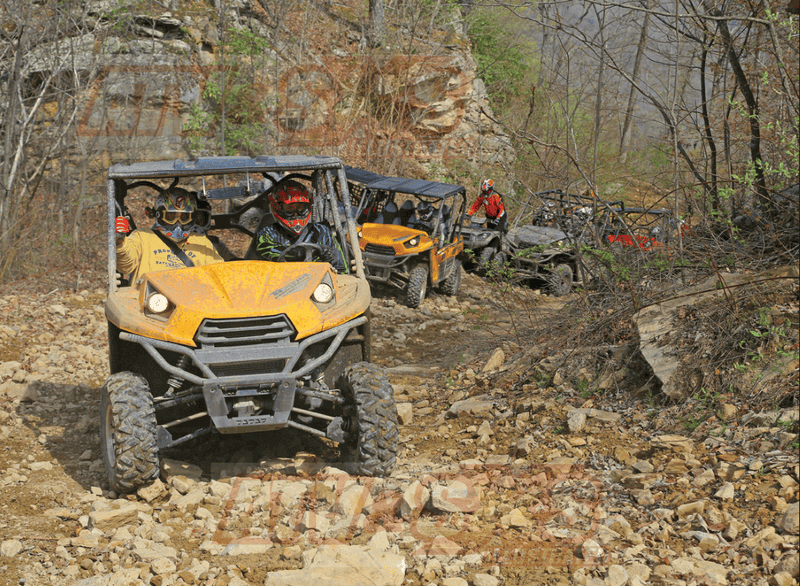
Why Virginia Is So Strict
Many riders ask why Virginia doesn’t allow UTVs or ATVs on roads when other states do. Here are some of the key reasons:
- Safety Concerns: UTVs and ATVs lack key road safety features like crumple zones, air bags, and highway-capable suspension.
- Emissions Compliance: Off-road vehicles often do not meet federal or state emissions standards for road use.
- No DMV Classification: Virginia DMV does not currently offer a registration class for these vehicles.
- Noise Complaints & Public Pressure: In cities like Norfolk and Richmond, off-road vehicles ridden illegally have created public safety issues, prompting laws that even allow for seizure and destruction of repeat offenders’ vehicles.
Summary Table
| Vehicle Type | Street Legal in VA? | How to Make Legal |
|---|---|---|
| ATVs / Dirt Bikes | No (roads) | Convert to motorcycle; add DOT parts; title it |
| UTVs / Side-by-Sides | No (in-state) | Register in another state (Montana, SD, AZ, etc.) |
| Connector Road Use | Yes (limited counties) | Daytime, < 1 mile, helmet, designated roads only |
| Off-Road Motorcycles | Yes (if converted) | Follow equipment and titling process |
Legal Street-Use Options in 2025
If you’re an off-road enthusiast looking to blend trail and pavement in 2025, here are your current legal options:
- Use your OHV on private land or legal trails only
- Register your UTV out-of-state for reciprocal road use
- Convert your dirt bike to street-legal through DMV process
- Utilize designated connector roads in participating counties
- Always carry documentation proving your vehicle’s legality
Final Thoughts
Virginia may not be the most lenient state when it comes to off-road vehicle road use, but with some preparation and knowledge, you can navigate the legal landscape successfully. Whether you’re connecting trails in Southwest Virginia or cruising a Montana-plated UTV through rural areas, knowing the laws will keep you safe and compliant.
Ride smart, tread lightly, and respect both the trails and the roadways that help connect our adventures.


No responses yet